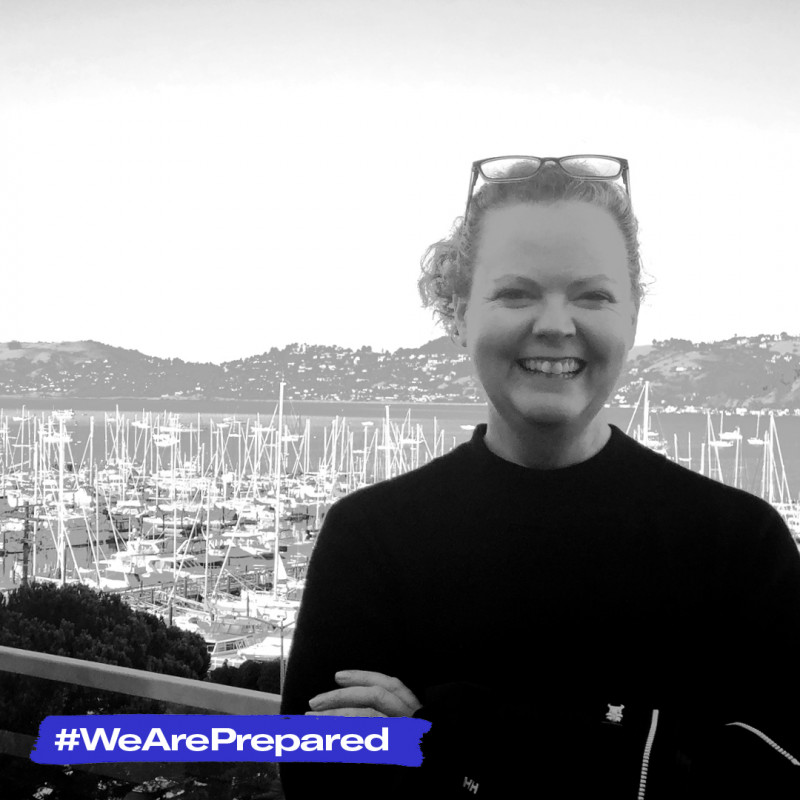
“The whole idea behind oral history is to capture a person’s story in their own words. It doesn’t have to be about an historical event. It’s telling the stories of everyday people living everyday lives told in everyday language. It’s important for kids to understand that, as humans, we’re part of a common experience. There’s more that’s the same about our lives than there is different.
People have wonderful stories that they would love to share, but not everybody is asked. Being asked to tell your story is an honor, so when a kid says “I’d like to honor you by recording your story”, they’re telling the person their story is important and will live on.
There are a lot of benefits to creating an oral history. For the student there’s a career and college readiness aspect that starts with the simple process of setting up a meeting. The ability to dig deeper in a conversation – to ask good open-ended questions in order to learn more – these are really good speaking and listening skills.
Knowing how to take a listener’s stance is an important life skill. To listen to the perspective of somebody who’s had a different experience in life than yours increases your understanding and empathy for that other person. Ultimately that connectedness makes a kid a better leader, a better classmate, and a better learner.
Often people who have had rather extraordinary lives don’t realize it. If they came here as a refugee or immigrant or survived something major like the garbage strike that happened here on the westside of Chicago, they don’t always recognize they’re part of an important historic event. They think of it as just part of their regular person life and who would care? Well, here’s somebody who cares about that story and wants to memorialize it and that confirms the story is important.
Many oral histories today are video based. Transcripts and audio recordings are a traditional way to collect an oral history, but video based oral histories are also a way to go. We’ll never have the chance to capture these stories again. Once they are archived, that moment in time is frozen and they’re great to have. When people look back at these, they’ll really be happy they’ve captured the voices and the gestures, the facial expressions that are part of that unique moment of remembering that is special.”
– Eileen in Boston


